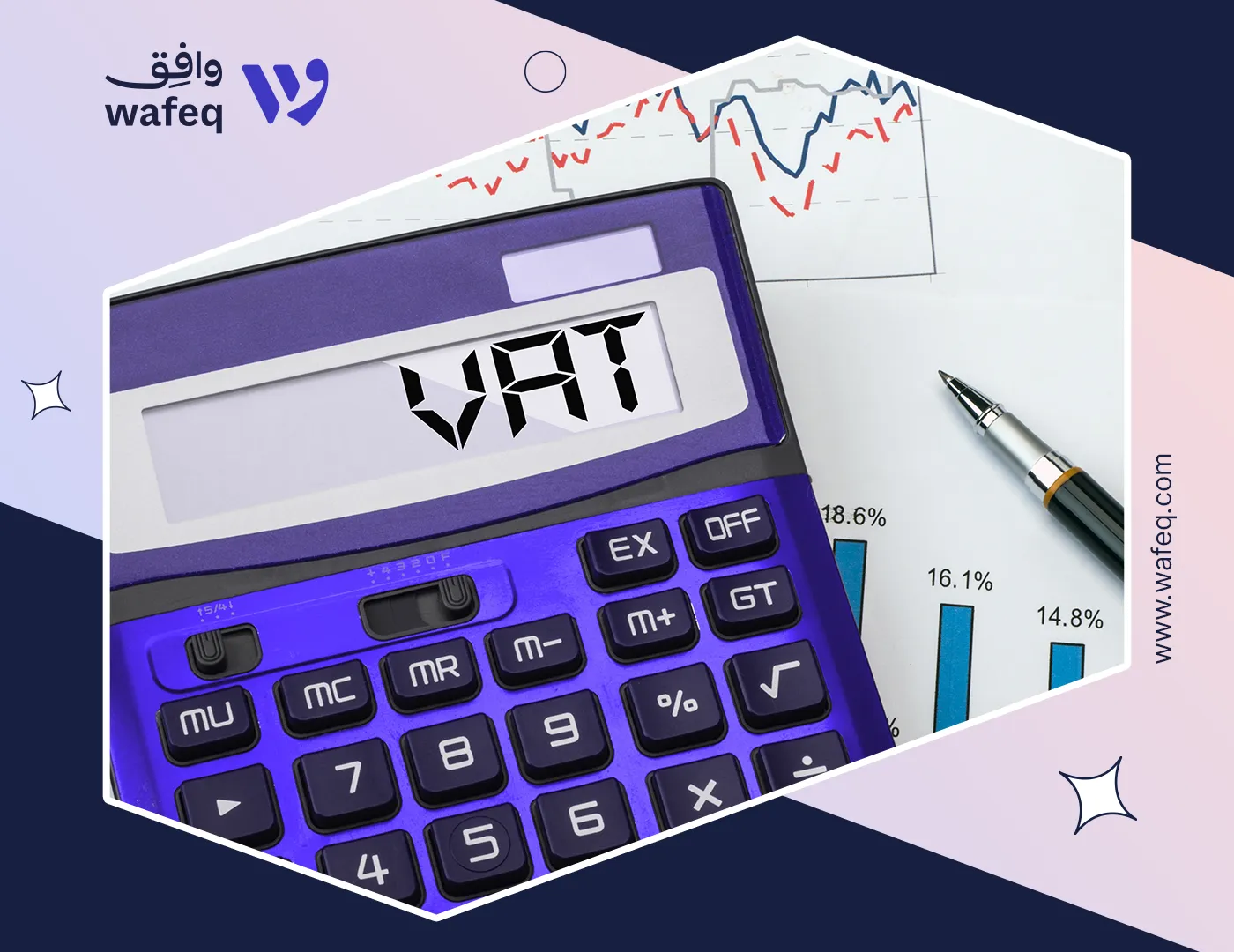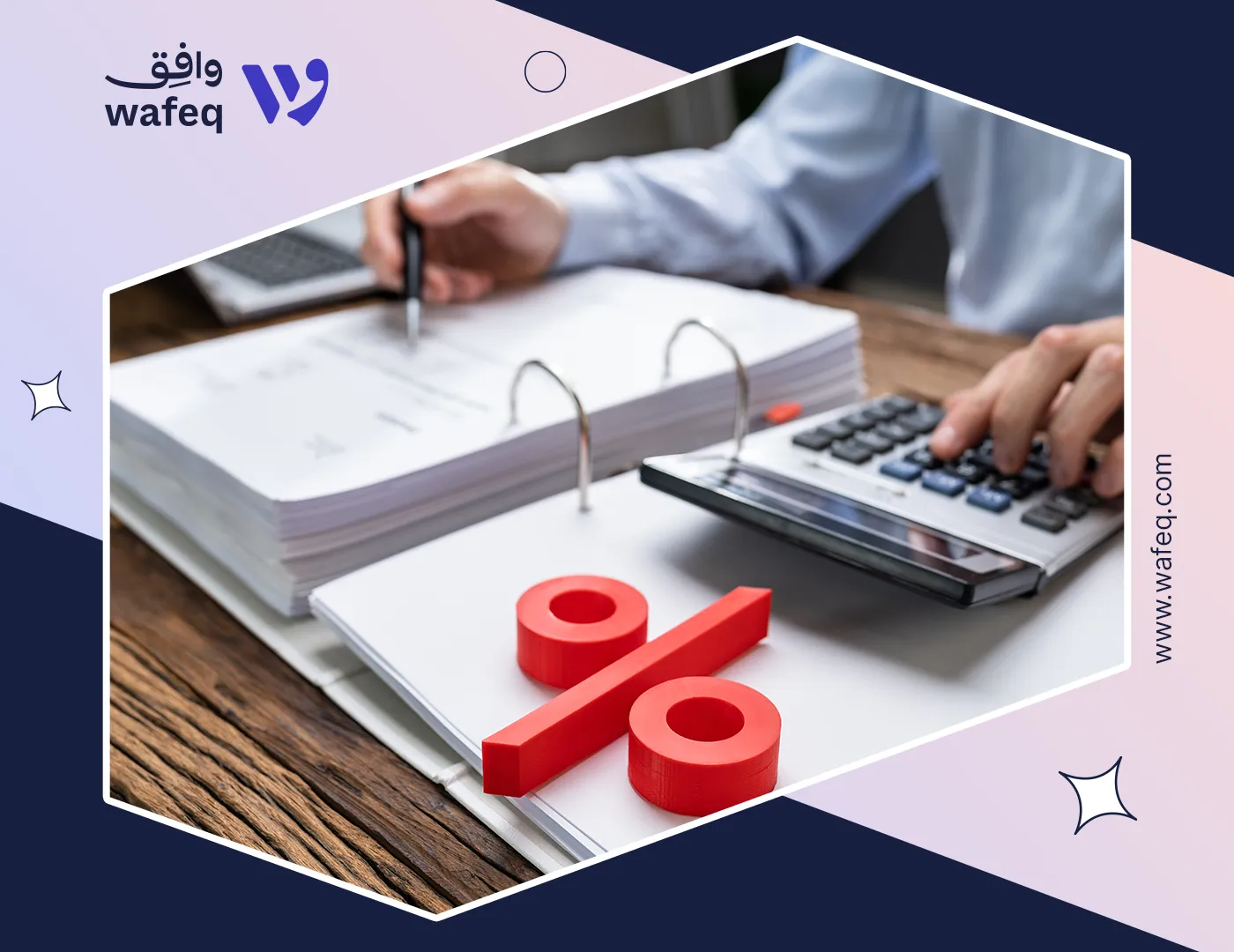35 terms you need to know about VAT in UAE
Back in January 2018, VAT was introduced in the United Arab Emirates with the VAT rate of 5% and applied to most the goods and services inside the country, with other goods and services subject to a 0% rate or an exemption from VAT (subject to specific conditions being met). In this article, we will take you through the most important terms you need to know with a short explanation.
Read more about goods and services under VAT in UAE.
Administrative penalties: The amounts charged to a taxable person by the Federal Tax Authority for a branch of the tax procedures.
Concerned goods: Imported goods that are not exempted when supplied in the state.
Concerned services: Imported services where the place of supply is the state and are not exempted if supplied in the state.
Consideration: Money or other forms of payments received or expected to be received for the supply of goods and services.
Deemed supplies: Transactions or events for which you are required to account for output tax. Some of these deemed supplies are business asset gifts or business assets put to private use.
Deemed supply: All goods and services that are treated as a taxable supply.
Designated zone: A specified area by Cabinet Decision to be outside of the UAE for VAT purposes. These territories are designated to offer business incentives.
Direct export: The export of goods to a destination outside of the place of establishment. The supplier is responsible for the transport arrangement.
Due tax: Calculated by subtracting the input tax from the output tax and charged on the taxpayer.
Exempt supply: A supply of goods and services for consideration by a taxpayer where no tax is due and no input tax is due or recovered.
Excise tax: The duty that is levied at the moment of the manufacture rather than at sale.
Fixed establishment: The fixed place for your business where human and technological resources enable you to supply or acquire goods and services.
Indirect export: The export of goods to a destination outside of the place of establishment of the supplier. The overseas customer is responsible for the transport arrangement.
Input tax: Tax that is due or paid by the VAT registered business for goods and services or imports sent to it.
Mandatory registration threshold: An amount for the value of taxable supplies that is exceeded, the supplier must apply for tax registration.
Net VAT due: The due VAT is the settlement of the VAT amount due with the tax authorities. It is usually calculated by deducting the Input VAT amount from the Output VAT amount, and is usually a positive amount.
Output tax: The tax that is charged on taxable goods and services.
Payable tax: The payment that the taxpayer owes to the Federal Tax Authority.
Place of establishment: The place in a country where the business is legally established where management decisions are taken.
Place of supply: The state where imported goods are declared for consumption.
Profit margin scheme: A tax-registered person has the option to calculate the tax on profit margin earned on a supply instead of applying tax on the value of sale.
Recoverable tax: The tax amount that has been paid by the taxpayer to the authority and is repaid by the authority to the taxpayer when the difference between output tax and input tax is negative.
Standard rate: A fixed 5% tax rate levied that will show separately in invoices and will be added to the final amount.
Tax credit note: A credit note that a registered supplier records when goods or services are returned or found deficient by their customers, or when the value of the supply decreases.
Tax evasion: A taxpayer using illegal means to lower the amount of due tax, avoid paying due tax, or refund tax that should not be refunded.
Tax group: A registered group of people with the Federal Tax Authority as a single taxable person.
Tax invoice: An invoice that a VAT registered dealer sends to the purchaser to show the amount of tax payable.
Tax period: The time period for which tax payable is calculated and paid.
Tax Registration Number (TRN): A unique number issued by the Authority for each registered taxpayer.
Tax Return: The tax data prepared in accordance with the Federal Tax Authority’s form and submitted each return period.
Taxable supply: A supply of goods and services for consideration by a taxpayer and does not include exempt supplies.
Value Added Tax: An imposed tax on supplies and imports of goods and services at each stage of the production and distribution processes.
VAT on Purchases and all other Inputs: The VAT amount added to your purchases from other businesses and your suppliers. This VAT amount is deducted from the settlement with the tax authorities.
VAT on Sales and all other Outputs: The VAT charged on your sales of goods and services to businesses and customers. VAT on sales should be added to the invoices you issue to your customers.
Voluntary registration threshold: An amount for the value of taxable supplied or taxable expenses that if exceeded, the supplier may apply for tax registration, if they wish to.
You can now use Wafeq to manage your invoices as a fully VAT-compliant solution per the Federal Tax Authority of the UAE.



